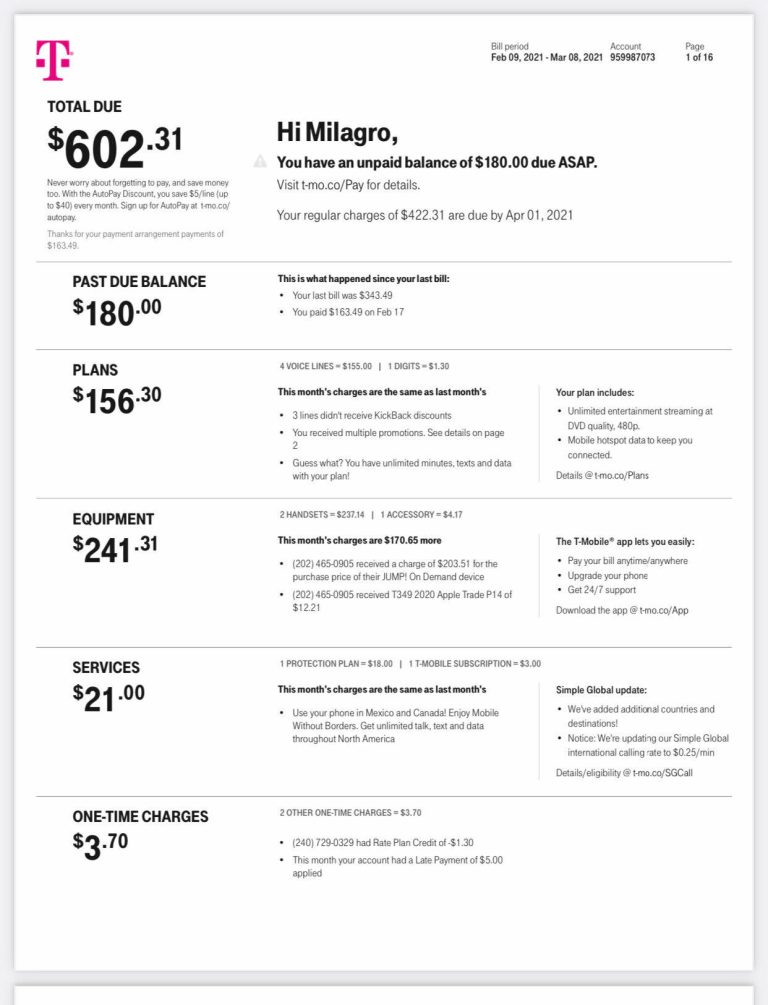Contents
Why Business Insurance Matters for the Self-Employed
Business insurance acts as a safety net, shielding you from financial losses that can arise from unexpected events. For the self-employed, this protection is especially vital, as your personal finances are often intertwined with your business. Without insurance, a lawsuit, property damage, or even a client injury could jeopardize your livelihood.
Key Types of Business Insurance for the Self-Employed
There’s no one-size-fits-all solution when it comes to business insurance self-employed professionals need. The specific types of coverage you require will depend on your industry, location, and the nature of your work. However, some common types of insurance to consider include:
1. Professional Liability Insurance
Also known as errors and omissions insurance, professional liability insurance protects you from claims of negligence, errors, or omissions in your professional services. This coverage is essential for consultants, freelancers, and other service providers, as it can cover legal fees, settlements, and judgments if a client sues you for unsatisfactory work.
2. General Liability Insurance
General liability insurance offers broad protection against claims of bodily injury, property damage, or personal and advertising injury caused by your business operations. This coverage is crucial for any business that interacts with clients or the public, as it can help cover medical expenses, legal fees, and property damage costs.
3. Business Property Insurance
Business property insurance protects your physical assets, such as your office equipment, inventory, and furniture, from damage or loss due to fire, theft, vandalism, or other covered perils. This coverage is essential for any business that owns or leases property, as it can help you replace or repair damaged assets and continue operating after a loss.
4. Workers’ Compensation Insurance
Even if you’re the only employee in your business, you may still need workers’ compensation insurance. This coverage provides benefits to employees who are injured or become ill due to their work. In some states, it’s mandatory even for sole proprietors. Workers’ compensation insurance can help cover medical expenses, lost wages, and rehabilitation costs, protecting both you and your business from financial hardship.
5. Commercial Auto Insurance
If you use your vehicle for business purposes, such as visiting clients or making deliveries, you’ll likely need commercial auto insurance. This coverage provides protection against liability and property damage claims arising from accidents involving your business vehicle. It’s essential to have this coverage, as your personal auto insurance may not cover accidents that occur while you’re using your vehicle for work.
Factors to Consider When Choosing Business Insurance
When selecting business insurance self-employed professionals should carefully evaluate several factors to ensure they have the right coverage in place.
1. Industry and Risk Factors
The specific risks you face will depend on your industry and the nature of your work. For example, a construction worker faces different risks than a graphic designer. Consider the potential hazards associated with your business and choose insurance policies that address those specific risks.
2. Coverage Limits and Deductibles
Coverage limits determine the maximum amount your insurance company will pay for a covered loss. Deductibles are the amount you’ll pay out of pocket before your insurance coverage kicks in. Choose coverage limits that are adequate to protect your business from significant financial losses, and select deductibles that you can comfortably afford.
3. Insurance Company Reputation and Financial Strength
It’s essential to choose an insurance company with a strong reputation for customer service and financial stability. Research different insurers, read reviews, and compare quotes to find the best fit for your needs.
4. Cost of Insurance
Business insurance premiums can vary significantly depending on the type of coverage, coverage limits, deductibles, and your business’s risk profile. Compare quotes from multiple insurers to find the best value for your money. However, don’t sacrifice adequate coverage for a lower price.
Additional Tips for the Self-Employed
- Review your insurance policies regularly. Your business needs may change over time, so it’s important to review your insurance policies annually or whenever you experience significant changes in your business.
- Keep detailed records. Maintain thorough records of your business operations, including income, expenses, and any incidents that could lead to an insurance claim.
- Consult an insurance professional. If you’re unsure about the types of business insurance you need or the appropriate coverage limits, consult an insurance agent or broker. They can help you assess your risks and recommend suitable policies.
Conclusion
Business insurance self-employed professionals need is an investment in the future of your business. By securing the right coverage, you can protect yourself from financial losses and ensure the continued success of your enterprise. Take the time to carefully evaluate your needs, compare quotes, and choose policies that provide adequate protection for your unique business.
Read More: Large Group Health Insurance Brokers: Navigating the Complexities







